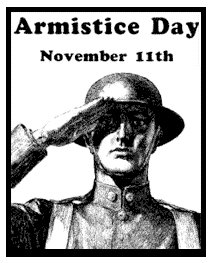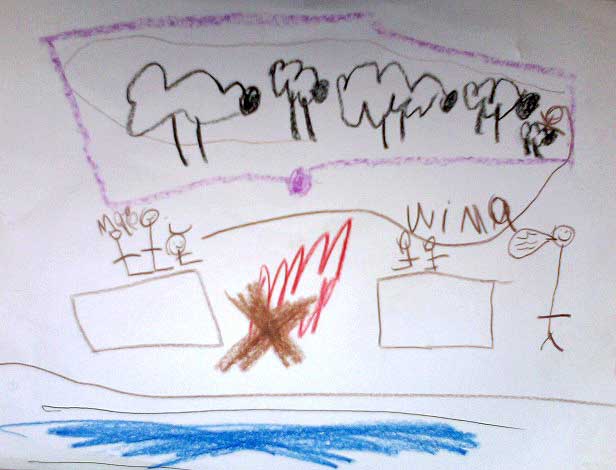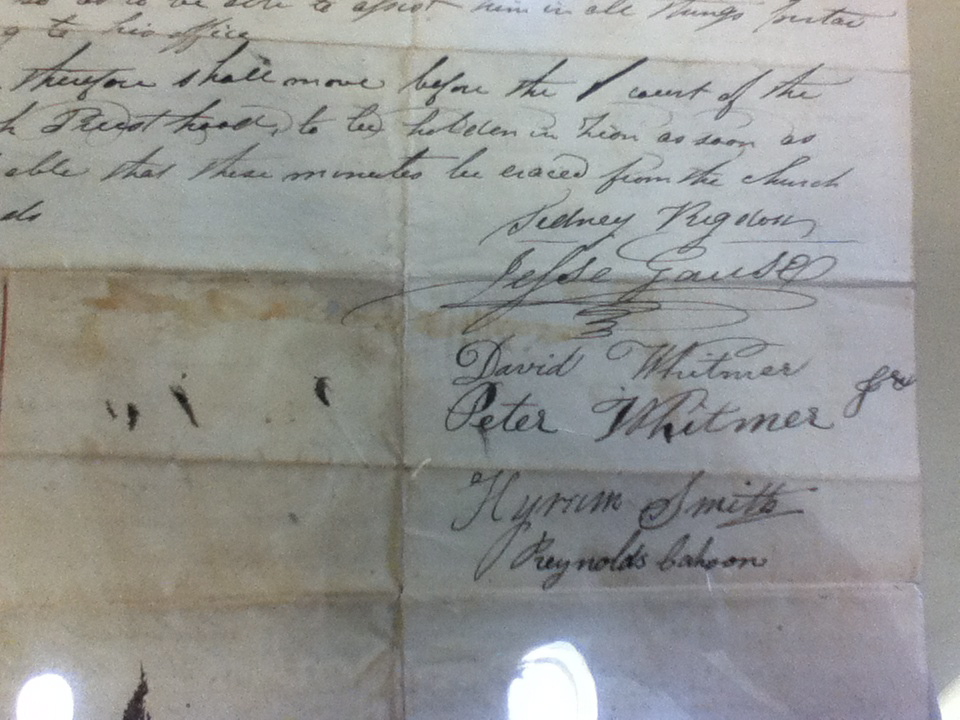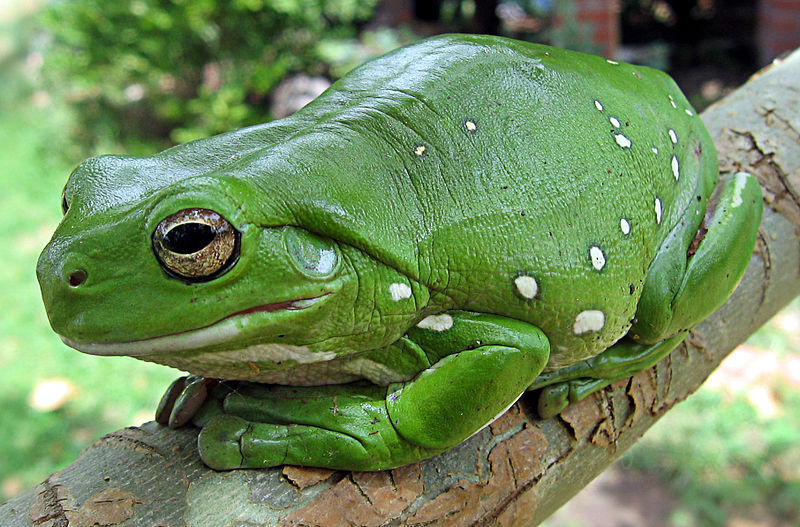Author: Rachel Whipple
-

The Meekness of the Soldier and Servant
First, I must recognize that today is Veteran’s Day. Armistice Day.[1] I lived in Belgium for a year. This poppy brooch is from Flanders Fields. Every city, every village, has memorials to soldiers and civilians killed in the Great War. In the nature reserve and fields near my home were old craters from explosive shells,…
-
A Witness of Kindness
I was so touched to see this bit of humanity, this respect and consideration for the stranger. It is one reason I love living in a city: where we are all so close together, we have more opportunity to exercise and witness kindness.
-
Uncomfortable Charity
Why does the act of charity, in this case, the transaction initiated by a beggar or panhandler, feel so uncomfortable to me? Mental recriminations if I give, guilt if I don’t. Perhaps it is because I don’t know the protocol, the expectations, and so I’m worried about an inadvertent transgression. But it isn’t that hard…
-
How can I, as a woman, support the priesthood?
A few months ago, I was asked to speak on the topic “How do I support the Priesthood in my home?” I am posting the talk now because the Young Women’s lessons in June are about the Priesthood and Priesthood Keys. This is one of the topics that caused me so much uneasiness that I…
-
Contributor Anxiety: Baring Witness
As I read the women’s stories in Baring Witness, I was filled with love and sorrow and hope for all of these sisters. I want to sit with them over a long lunch, laughing and crying together. These are women who have shared their vulnerabilities, who have opened their lives to me: how can I…
-
Calling all callings
I’ve been thinking about the different callings I have been given over the years. To that end, I present to you Rachel’s Church Callings, an incomplete list:
-
Call to Repentance
It is rather presumptuous to call someone to repentance, don’t you think? The act implies at least two things: that the caller knows better than the called, and that the caller has the authority to issue the call to repent. In a world of increasing moral relativism, many of us are uncomfortable with the idea…
-
Out of the Bubble
It is nice to take a break from the bubble that is Utah Valley. Last month we moved to Belgium for a year-long sabbatical, and I hoping that this time will be restorative. I’m ready to reenter the conversation.
-
Who gets to be a Mormon?
I have a few questions about boundaries and numbers that I would like to put before the group for your collective insight. While the questions are related, they are not building any particular argument. 1. If the Church excommunicated everyone who quietly disbelieves any or all of the core doctrines that John Dehlin has rejected,…
-

No Apology
“I will go and return to my place, till they acknowledge their offence, and seek my face: in their affliction they will seek me early.” Hosea 5:15
-
Seminary Woes
For a people that values educational choices, I find it surprising that we accept very limited options for seminary programs for our teenagers.
-
Sunday Morning Session of General Conference
We spent yesterday listening to General Conference while assembling IKEA furniture in the hopes that the spirit of the meeting would help reduce the desire to curse associated with strange pictorial instructions and screw heads that really want to strip. It went as well as could be expected. This morning I read about theology, love…
-
FairConference, Thursday Afternoon Sessions
Bob Rees A review of Earl Wunderli’s Imperfect Book Started with this Card Colour changing trick video (http://richardwiseman.wordpress.com/2009/01/07/colour-changing-card-trick-outtakes/) to illustrate that too much focus on one thing can cause you miss the many other things that are going on. What aren’t you noticing? Emerson said, “Tell me your sect, and I’ll tell you your…
-
FairMormon Conference Thursday Morning Sessions
I’m not quite up to live blogging, so my coverage of FAIR will lag slightly behind the fact. I will be posting summaries of talks posted after completion rather than subjecting you to my sloppy notes in real time. Kerry Muehlstein, Ph. D. Brigham Young University Unnoticed assumptions about The Book of Abraham While the…
-

I was a stranger, and ye took me in
These children, fleeing death and devastation, have come to us. Yes, caring for them will cost us time and money and effort, but not caring for them will cost us our compassion.
-
A More Nuanced Approach to Scripture
I am so thankful that we are gently backing away from a literal understanding of scripture.
-
For the Beauty of the Earth
The latest move by the Church on the environmental front is the production of a beautiful, 94 second spot on the Mormon Channel.
-
As Instructed
On Tuesday, Ally Isom, Senior Manager of Public Affairs with the LDS Church, encouraged listeners to have respectful conversations about their concerns with and faith in the Church.
-
He was naked, and not ashamed
I leaned into the aisle and looked back. And all the way at the back of the chapel, I saw my 3 year old strolling down the aisle, wearing nothing but a Curious George t-shirt and his glory be.
-
Sustained Criticism
While it is possible that some Church leaders in the past may have been fallible, it falls to us now to follow our current Church leaders unfailingly.
-
What We Don’t Read in the Bible
Do you ever read the bits of scripture that are excluded from our Sunday School lesson manuals? If you are only looking up certain passages, it is as though the rest of the text doesn’t exist.
-

The Ninety and Nine
Christ can only go out after the lone lamb if he has some confidence that the other ninety-nine are in safe pastures, a protected flock.
-
Success in Life
My daughter just turned 12, and her new Young Women’s advisor and the one other Beehive in the ward came over to introduce her to the program, give her a slew of pamphlets, and welcome her to Young Women. After they left, I read through the Guidebook for Parents and Leaders of Youth that they…
-
The Bad Side of Jesus
Last week, as we were walking to school, my 6 year old spontaneously started telling me about his latest Primary lesson. He does this often, and usually reports the talking points accurately. “I learned about the bad side of Jesus,” he said. “Really? Jesus has a bad side?” I responded, wandering if they had talked…
-
The Wrongness of Being Right
It seems to me that any time you turn something into a point of conflict, you risk being in the wrong. It becomes more important to be right than it is to understand your fellow brother, to exercise compassion, to be humble and teachable.
-

The Joseph Smith Papers, Documents Volume 2
On Monday I attended a launch event at the Church History Library for the second Documents volume of the Joseph Smith Papers. We were given a brief introductory presentation from historians and production editors who worked on the project. Documents Volume 2 covers the time period from July 1831 to January 1833. Three themes emerge…
-
Bittersweet Thanksgiving
We grew up. All of those kids I went to high school with. Not just high school; my family never moved, so I started in with them in kindergarten and went through to graduation. Part of me never felt like I fit in. Being the only Mormon in my class may have had something to…
-
Earth Stewardship: Doctrine, Principle, or Heritage?
I was recently told that earth stewardship is not a doctrine nor a principle of the gospel; rather, it is a heritage.
-
Everybody Ought to Have a Body
A distinctive Mormon doctrine related to creation and stewardship is the idea that embodiment is a necessary prerequisite for god-like exaltation. This doctrine includes within it the ideas we can be exalted to become like God, and that God himself has a physical body. The soul of man is the spirit and the body. Although…
-

Just because you heard it at church, doesn’t make it true.
Or mean that you must repeat it. Because sometimes people say things in church are are just plain not true.
